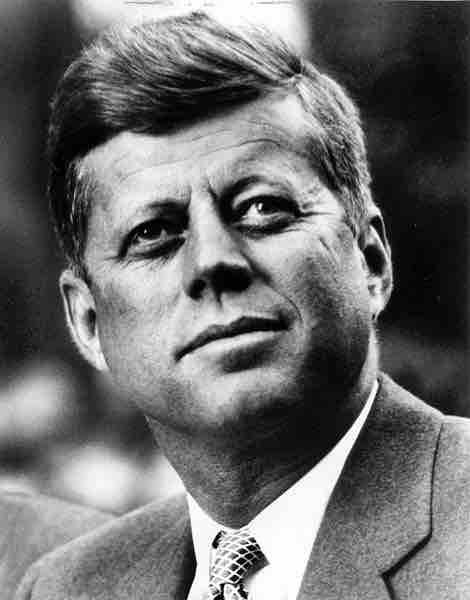Group polarization is the phenomenon that when placed in group situations, people will make decisions and form opinions that are more extreme than when they are in individual situations. The phenomenon has shown that after participating in a discussion group, members tend to advocate more extreme positions and call for riskier courses of action than individuals who did not participate in any such discussion.
The importance of group polarization is significant as it helps explain group behavior in a variety of real-life situations. Examples of these situations include public policy, terrorism, college life, and violence. For instance, group polarization can largely be seen at political conventions that are broadcasted nation wide before a large election. Generally, a political party holds the same ideals and fundamentals. At times, however, individual members of the party may waver on where they stand on smaller subjects. During a political convention, the political party as a group is strongly united in one location and is exposed to many persuasive speakers. As a result, each individual in the political party leaves more energized and steadfast on where the party as a whole stands with regards to all subjects and behind all candidates, even if they were wavering on where they stood before hand.
Groupthink
Groupthink is a psychological phenomenon that occurs within groups of people. It is the mode of thinking that happens when the desire for harmony in a decision-making group overrides a realistic appraisal of alternatives. Group members try to minimize conflict and reach a consensus decision without critical evaluation of alternative ideas or viewpoints. Irving Janis led the initial research on the groupthink theory. The United States Bay of Pigs Invasion was one of the primary political case studies that Janis used in explaining the theory of groupthink. The invasion plan was initiated by the Eisenhower administration, but when the Kennedy White House took over, it "uncritically accepted" the CIA's plan. When some people attempted to present their objections to the plan, the Kennedy team as a whole ignored these objections and kept believing in the morality of their plan. Janis claimed the fiasco that ensued could have been prevented if the Kennedy administration had followed the same methods of preventing groupthink that it later followed during the Cuban Missile Crisis.
Herd Behavior
Herd behavior describes how individuals in a group can act together without planned direction. The term pertains to the behavior of animals in herds, flocks and schools, and to human conduct during activities such as stock market bubbles and crashes, street demonstrations, sporting events, religious gatherings, episodes of mob violence and everyday decision-making, judgment and opinion-forming.

Groupthink in the Kennedy Administration
The United States Bay of Pigs Invasion, implemented by President John F. Kennedy, was one of the primary political case studies that Irving Janis used in explaining the theory of groupthink.